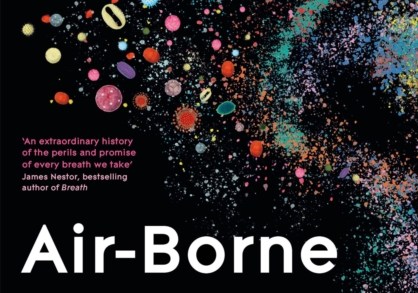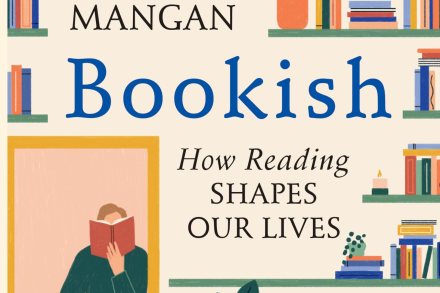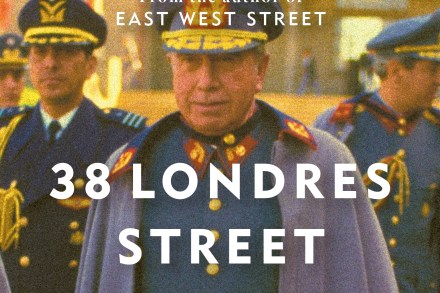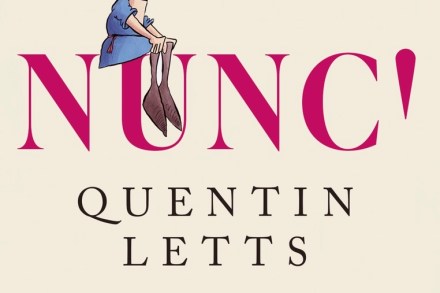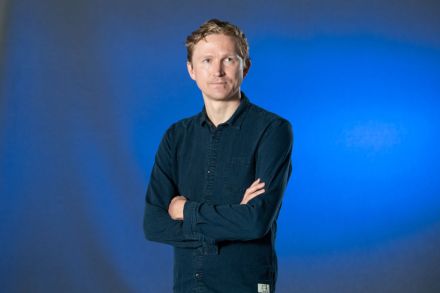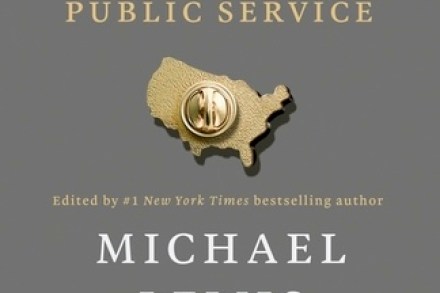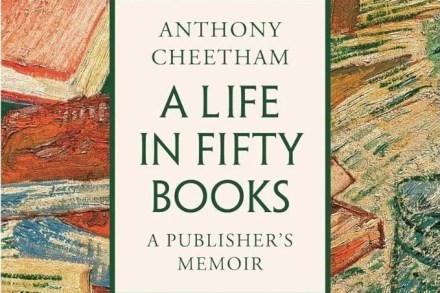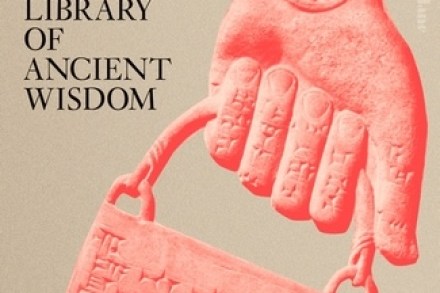M. John Harrison: The Course of the Heart
34 min listen
My guest this week is the writer M. John Harrison, who joins me to talk about the rerelease of his 1992 novel The Course of the Heart – a deeply strange and riddling story of grief, friendship, memory and occult magic. We talk about why this book is so personal to him, what he learned from Charles Williams and Arthur Machen, turning his back on science fiction/fantasy and returning to it – as well as how probably the most acclaimed of all his novels, Light, came about after Iain Banks told him he wasn’t having enough fun.



